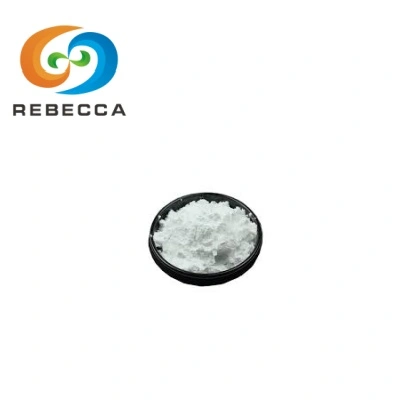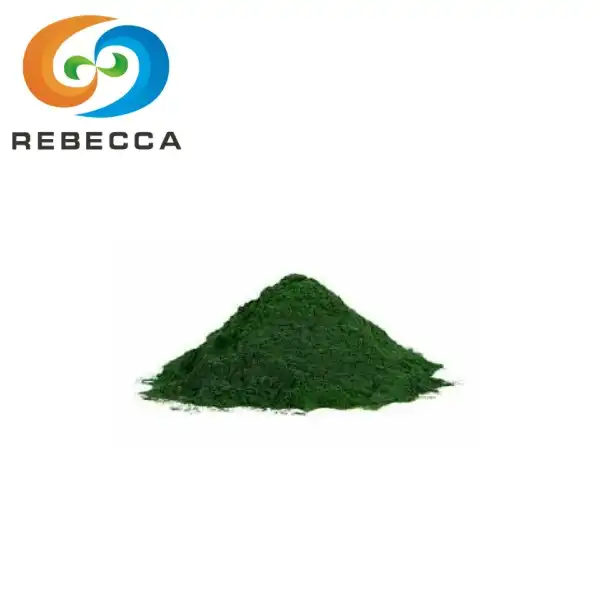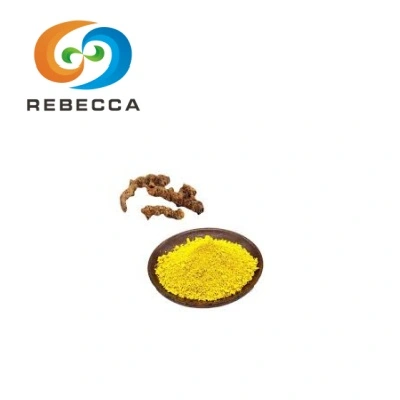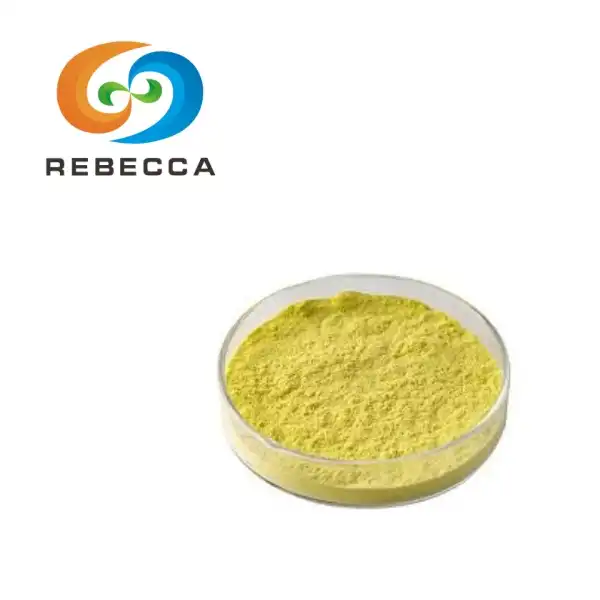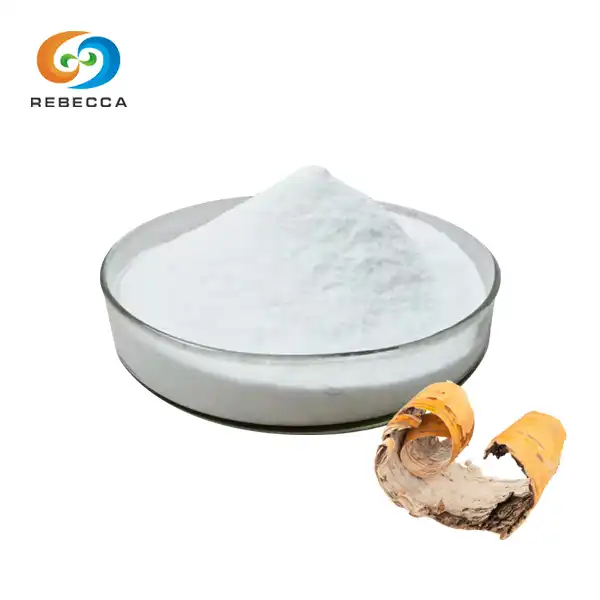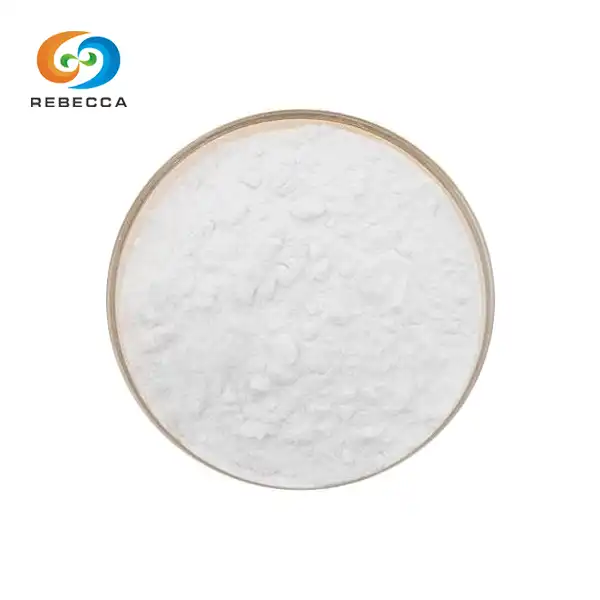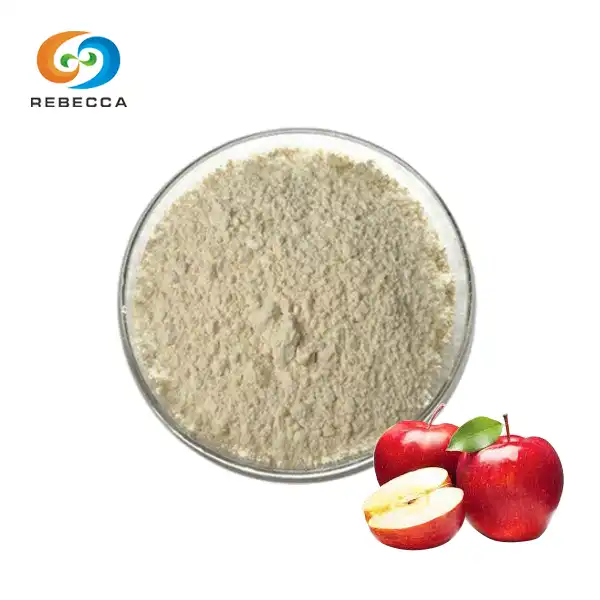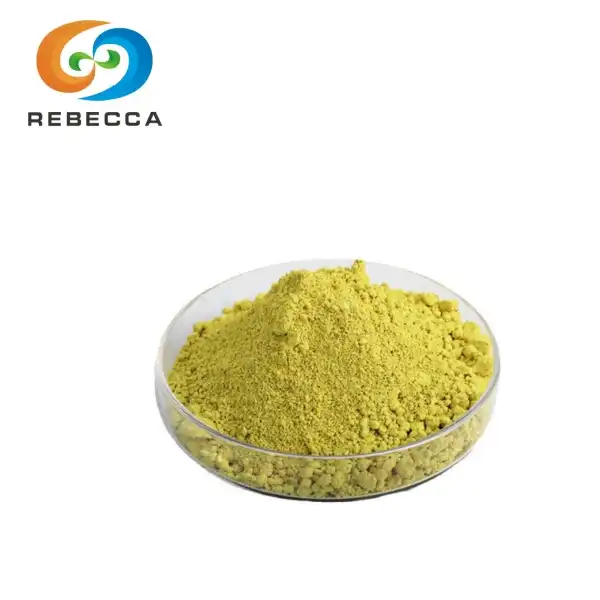Is it safe to take 1000 mg of vitamin B12 daily?
Vitamin B12, scientifically known as cyanocobalamin, is an essential water-soluble vitamin that plays a pivotal role in maintaining nerve function, producing red blood cells, and synthesizing DNA. As interest in dietary supplements grows, many individuals wonder about the safety of high-dose vitamin B12 intake, particularly the common 1000-microgram (mcg) daily dose. In this article, we'll explore the recommended daily intake, safety profile, and considerations for specific groups to help you make an informed decision about incorporating vitamin B12 (cyanocobalamin) into your wellness routine.
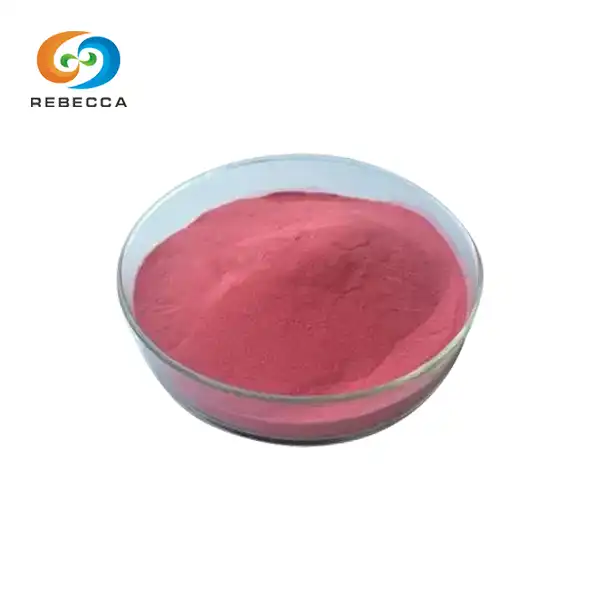
1. Product Name:Vitamin B12 (Cyanocobalamin)
2. CAS No.:68-19-9
3. Specification: 99%
4. Test Method: HPLC
Recommended Daily Intake (RDI) of Vitamin B12 (Cyanocobalamin)
The Recommended Daily Intake (RDI) for vitamin B12 is established to meet the needs of most healthy individuals. For adults, the RDI is 2.4 mcg per day, a relatively small amount that can be obtained through dietary sources such as animal products, meat, fish, dairy, and eggs, or fortified foods. However, certain populations may have increased requirements. Pregnant or lactating women, for example, may need slightly higher doses to support fetal development and milk production, though specific guidelines should be followed under medical supervision.
Older adults and individuals with gastrointestinal disorders often face challenges with vitamin B12 absorption. The stomach produces less intrinsic factor with age, a protein necessary for B12 absorption, which can lead to deficiency. In such cases, healthcare providers may recommend higher doses, often in the form of supplements, to bypass absorption issues. This is where the 1000 mcg daily dose becomes relevant—not as a standard for all, but as a targeted solution for those with confirmed deficiency or absorption difficulties.
It's important to note that while the RDI provides a baseline, individual needs can vary. Factors such as diet (vegan or vegetarian lifestyles may require supplementation), medical history, and medication use (e.g., metformin for diabetes) can influence how much vitamin B12 your body needs. Always consult a healthcare provider to assess your specific requirements before starting any supplement regimen.
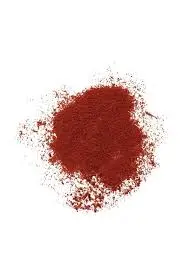
Safety and Tolerance of High-Dose Vitamin B12 (Cyanocobalamin)
One of the key advantages of vitamin B12 (cyanocobalamin) is its water-soluble nature. Unlike fat-soluble vitamins (A, D, E, K), which can accumulate in body fat and potentially cause toxicity, excess B12 is excreted through urine. This characteristic makes it unlikely to reach toxic levels through oral supplementation, even at doses much higher than the RDI. The National Institutes of Health (NIH) has not established a tolerable upper intake level (UL) for vitamin B12, emphasizing the lack of documented harm from high doses in healthy individuals.
Clinical studies and real-world use have shown that doses up to 1000 mcg daily are generally well-tolerated. Side effects are extremely rare but may include mild symptoms such as headache, nausea, or diarrhea in some cases. It's important to consider, however, that these reactions are often attributed to other ingredients in supplements, such as fillers, preservatives, or high doses of other B vitamins, rather than cyanocobalamin itself. Choosing a high-quality supplement from a reputable source can minimize such risks.
Another aspect of safety relates to long-term use. For individuals with chronic deficiencies or absorption issues, taking 1000 mcg of vitamin B12 daily over extended periods has not been associated with adverse effects. The body simply uses what it needs and eliminates the rest, making long-term supplementation a viable option under medical guidance. However, for those without a deficiency, there's no evidence that high doses provide additional benefits beyond maintaining normal bodily functions.
Considerations for Specific Groups When Taking Vitamin B12 (Cyanocobalamin)
While high-dose vitamin B12 is safe for most, certain populations should exercise caution or seek professional advice before starting supplementation. Individuals with blood disorders such as polycythemia vera or leukemia may need to avoid excessive B12, as the vitamin plays a role in cell division and could potentially affect markers of cell proliferation. Healthcare providers can monitor these factors and adjust dosages accordingly.
Those with kidney conditions may also benefit from medical supervision. While vitamin B12 is primarily excreted through the kidneys, there's limited evidence of risk even in individuals with reduced renal function. However, as with any supplement, it's best to consult a doctor to ensure that your kidneys can handle the excretion of excess amounts without issues.

Medication interactions are another consideration. Certain drugs, such as proton pump inhibitors (used for acid reflux) or metformin, can interfere with vitamin B12 absorption over time. If you're taking such medications, your doctor may recommend regular B12 level checks and adjust your supplement dose to prevent deficiency. Additionally, individuals undergoing treatment for pernicious anemia, a condition where the body doesn't produce enough intrinsic factor, require lifelong B12 supplementation, often at higher doses, to manage symptoms and prevent complications like neurological damage.
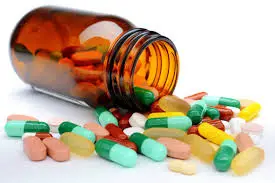
Lastly, if you're planning to use vitamin B12 (cyanocobalamin) supplements during pregnancy or while breastfeeding, always consult your obstetrician. While the RDI is well-established for this group, high doses beyond medical recommendation are not typically necessary and should be discussed to ensure safety for both mother and child.
Vitamin B12 Powder (Cyanocobalamin) For Sale
At Rebecca Bio-Tech, we are dedicated to delivering premium-quality Vitamin B12 (Cyanocobalamin), which is meticulously designed to meet the highest standards of purity and efficacy. Our product features a guaranteed specification of 99% purity, verified through advanced HPLC (High-Performance Liquid Chromatography) testing, ensuring accurate and reliable quality analysis. With a CAS No. of 68-19-9, our vitamin b12 powder (Cyanocobalamin) is a trusted choice for formulating dietary supplements, pharmaceuticals, and nutraceutical products, providing a stable and bioavailable source of this essential nutrient. Whether you are developing innovative health solutions or enhancing existing formulations, our commitment to science-backed quality and exceptional customer service ensures you receive the support you need. To learn more about our product or to place an order, please contact our team at information@sxrebecca.com. We are here to partner with you in advancing health and wellness through reliable, high-performance ingredients.
References
National Institutes of Health Office of Dietary Supplements. Vitamin B12 Fact Sheet for Health Professionals.
World Health Organization. Vitamin B12 Deficiency.
Journal of the Academy of Nutrition and Dietetics. Position of the Academy of Nutrition and Dietetics: Use of Dietary Supplements. 2014.
